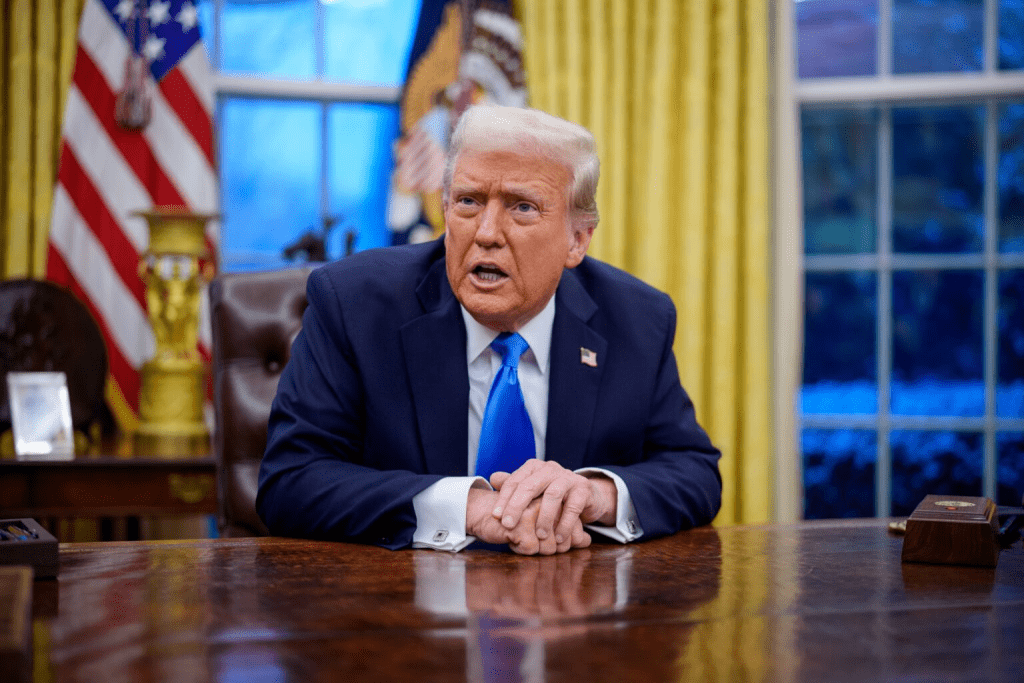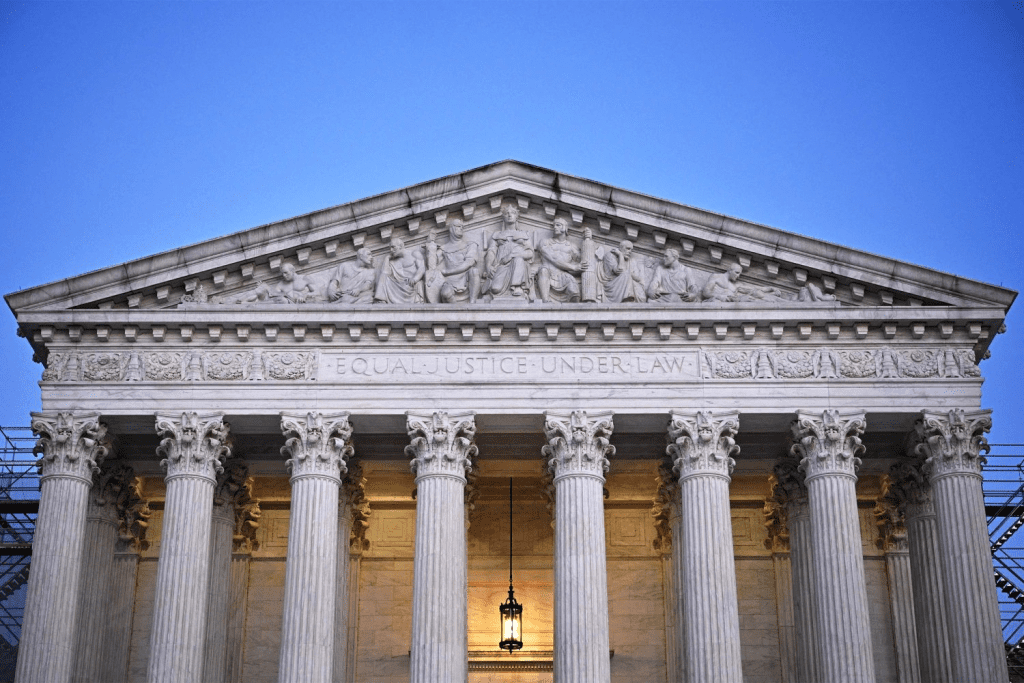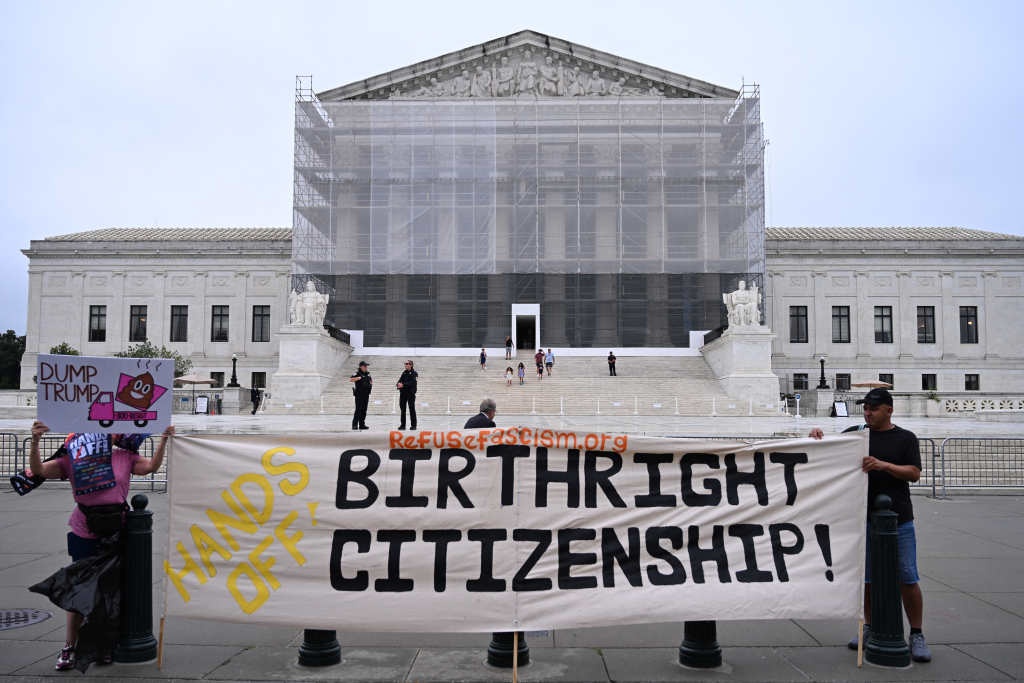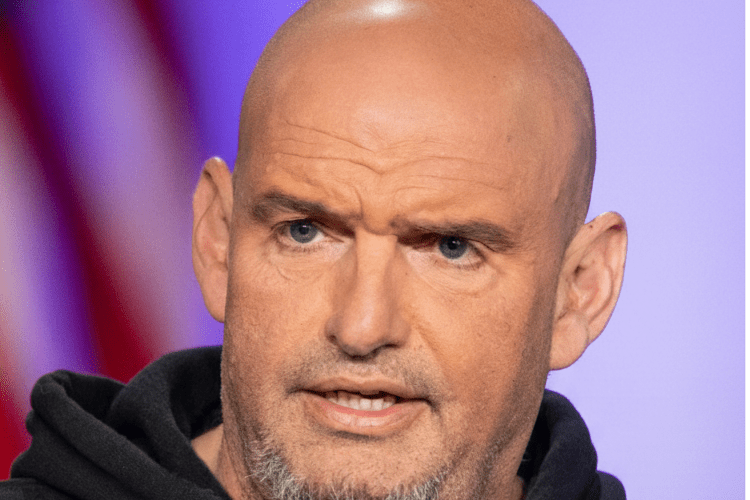President Trump Moves to End Birthright Citizenship Through Supreme Court Petition, Challenging 14th Amendment Interpretation Amid Record Border Crossings
President Donald Trump has reignited one of the most contentious debates in American politics by officially petitioning the Supreme Court to allow him to end birthright citizenship. This push, which has long been part of his platform, is aimed at revisiting how the 14th Amendment to the Constitution is interpreted, particularly when it comes to the children of undocumented immigrants.

Birthright citizenship has been a fixture of American law since the 14th Amendment was ratified in 1868. At its core, it declares that all persons born on U.S. soil are citizens of the United States. The amendment was originally crafted in the aftermath of the Civil War to ensure that freed slaves and their children would never be denied citizenship. Over time, the interpretation of that amendment expanded to include children born to foreign nationals living in the United States, even if their parents were here illegally.
Trump and his allies argue that this broad application of the law was never the true intent of the amendment’s framers. Supporters of his petition point to historical context, claiming that the lawmakers of the 19th century could not have foreseen a modern system where large numbers of people cross into the United States illegally and then anchor their families through automatic citizenship. A 2018 report by the Center for Immigration Studies even suggested that the universal reading of the amendment is a misinterpretation, arguing that the phrase “subject to the jurisdiction thereof” was not meant to apply to everyone regardless of legal status.

On the other side, legal scholars and immigrant advocates strongly oppose Trump’s effort, warning that ending birthright citizenship would create a stateless subclass of children who would be denied the rights and protections of American citizens despite being born on U.S. soil. A 2021 study from the American Immigration Council underscored the dangers of such a move, cautioning that stripping away automatic citizenship would destabilize families and communities and could conflict with international human rights standards.
The political backdrop makes this debate even more pressing. The U.S. Customs and Border Protection has reported over 1.7 million migrant encounters in fiscal year 2025 alone. Images of large groups crossing the Rio Grande, such as those widely circulated in recent weeks, highlight the urgency of the issue for those pushing reform. To Trump’s supporters, these statistics prove that the system is being abused and that the promise of automatic citizenship acts as a powerful magnet drawing more illegal immigration.

For Trump, this legal battle is as much about principle as it is about policy. He has repeatedly framed birthright citizenship as an unfair loophole that encourages people to break the law. His latest move, by directly petitioning the Supreme Court, signals his determination to force the highest court in the land to settle the question once and for all. If successful, it would mark one of the most consequential changes to U.S. immigration policy in modern history.

The debate over birthright citizenship touches on fundamental questions of identity, fairness, and national security. Supporters of Trump’s petition see it as a way to restore integrity to the Constitution and ensure that citizenship is reserved for those who have a legal and loyal connection to the country. Critics warn that it risks unraveling more than a century of settled law and could strip away rights from those who did nothing more than be born in the United States.
As the case moves forward, the outcome will not only shape the future of immigration policy but also define how America interprets one of its most foundational amendments. For now, Trump’s bold move has guaranteed that the conversation around birthright citizenship is once again at the center of national debate, with the Supreme Court preparing to weigh in on an issue that cuts to the heart of what it means to be an American.



